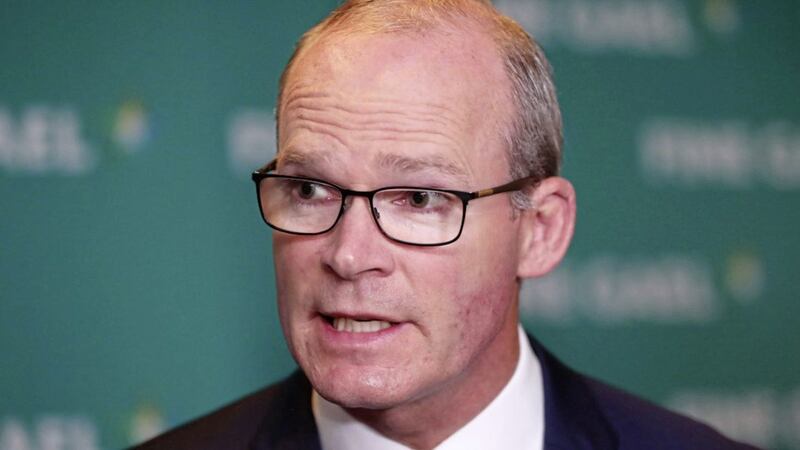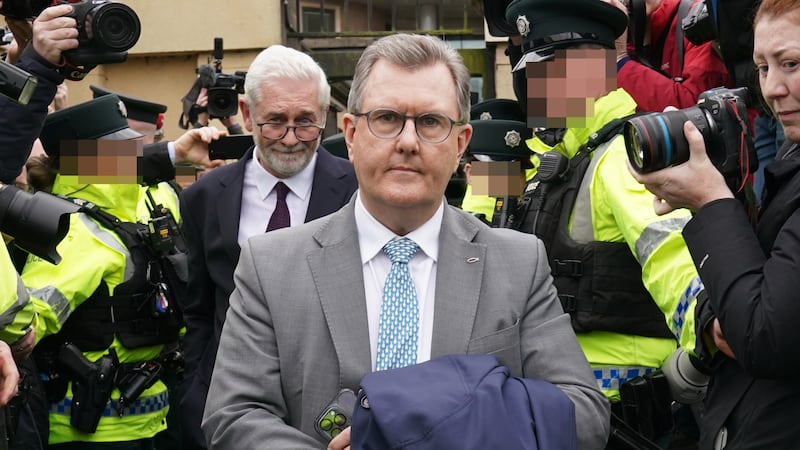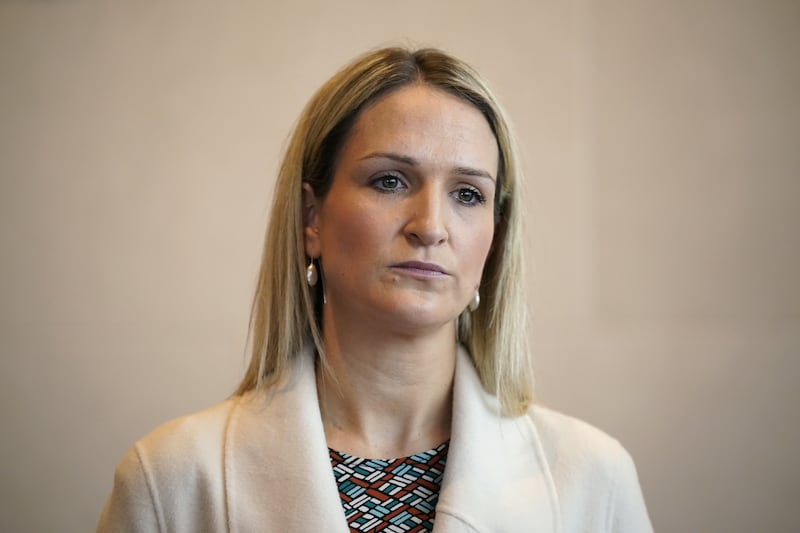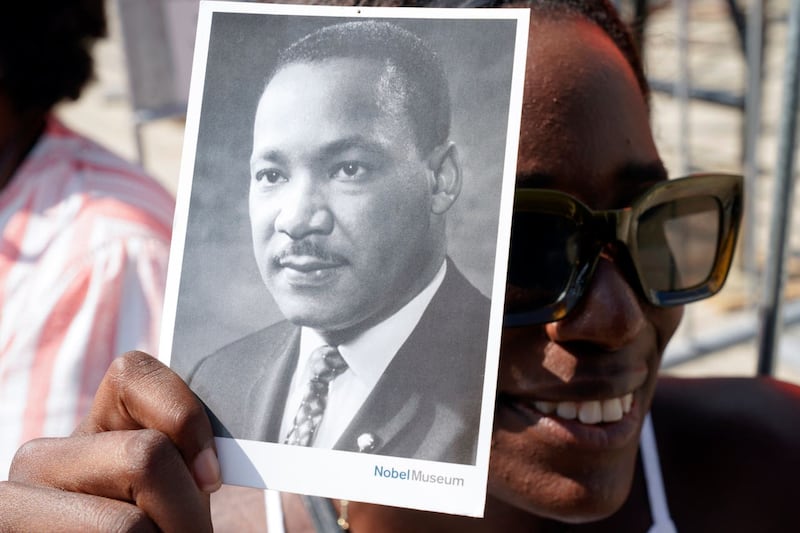THE Republic's foreign affairs minister has warned that any border infrastructure would be unacceptable in the event of a no-deal Brexit.
Simon Coveney said products moving from Northern Ireland into the Republic could be subject to tariffs and checks if no agreement was secured before Britain leaves the EU.
His remarks came after the tánaiste revealed that he had discussed ideas about replacing the backstop with British ministers but that no credible alternatives had been tabled.
It was reported earlier this week that the British had pitched their proposals to the EU but had not submitted written documents to avoid the content being leaked.
The British proposals are thought to involve an all-Ireland zone for food and animal products to ensure there's no disruption to cross-border trade in agricultural goods, alongside pre-clearance and trusted trader schemes that would avoid border checks on other goods.
The UK proposals are understood to have also included the so-called Stormont lock, where a future assembly would have a veto over EU rules. However, EU chief negotiator Michel Barnier yesterday cast doubt on this idea, saying all parts of the UK would have to sign up to the terms of exit.
Sinn Féin northern leader Michelle O'Neill also rejected the Stormont veto, saying a "backstop that can be vetoed is not a backstop".
Speaking yesterday at the National Ploughing Championships in Co Carlow, Mr Coveney said that the Dublin government would have to protect both the peace process and the all-island economy if the UK crashed out of the EU.
"We have to ensure that Ireland doesn't get dragged out of the EU Single Market because we can no longer stand over its integrity here in Ireland – Irish consumers wouldn't thank us, Irish businesses couldn't live with that situation," he said.
The tánaiste said that in the event of a no-deal, products moving north to south "may be subject to tariffs, may be subject to some form of checking system".
He said the Dublin government hadn't agreed the detail of how the checks would work or where they would take place.
"The reason why it is so complicated is that we are also trying to protect relationships north and south and recognising the politics of border infrastructure, which is something that people won't accept given the history on this island," he said.
"This is complicated stuff and we are trying on the one hand to protect Irish interests from an economic perspective, but also to protect a peace process and not create security risk that would take people back 20 years – which is where no-one wants to go."
Meanwhile, Brexit Party leader Nigel Farage told the European Parliament that it was clear from the "emollient" comments by European Commission President Jean-Claude Juncker that a deal between the two sides was "very close".
However, he said such an agreement would be bad for the UK as it would leave it reliant on the "good faith" of the EU when it came to negotiating the future relationship, when it was clear from recent events that there was no such good faith.
"I am of course referring to the pipsqueak prime minister of Luxembourg who set out to ritually humiliate a British prime minister in the most astonishing way, only to greeted as a hero by President Macron at the Elysee Palace," Mr Farage said.
"The only way forward now is to deliver on the referendum is for a clean break Brexit – once we have done that we will have a grown-up conversation about trade and about the way forward."








